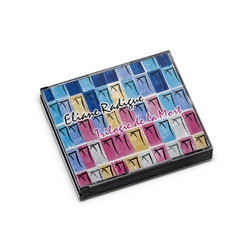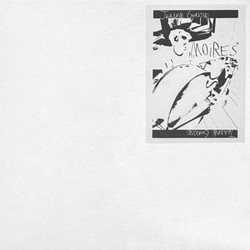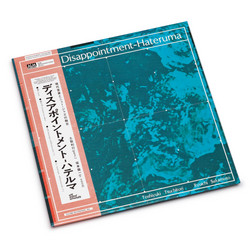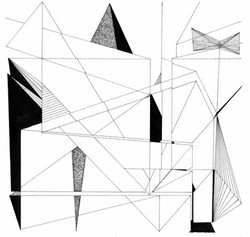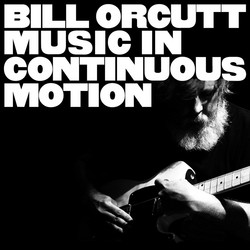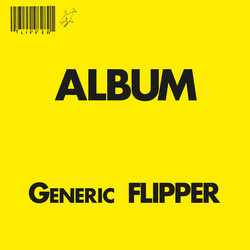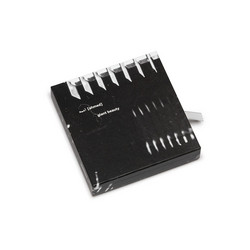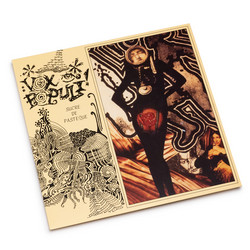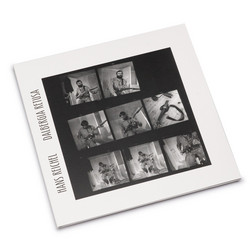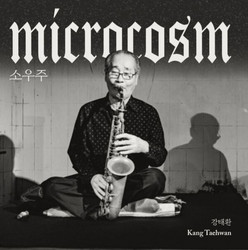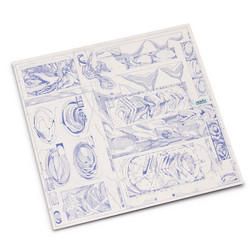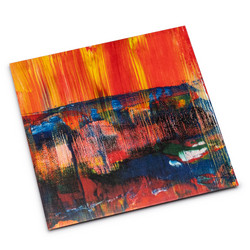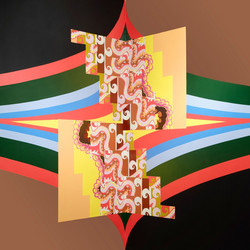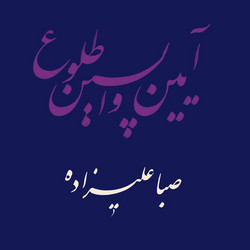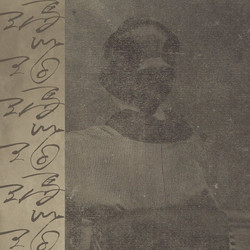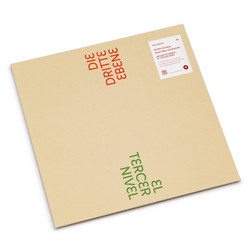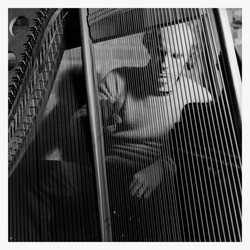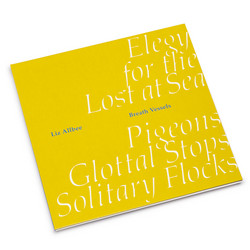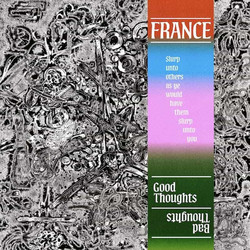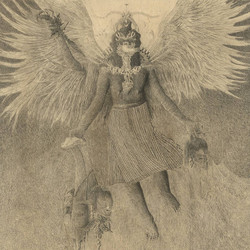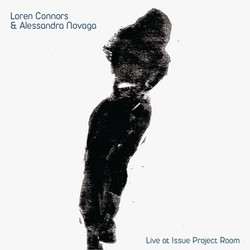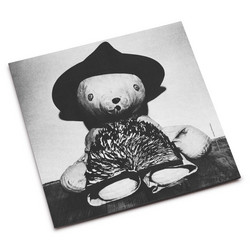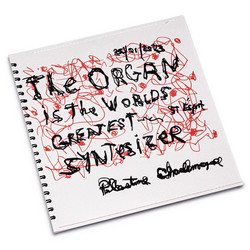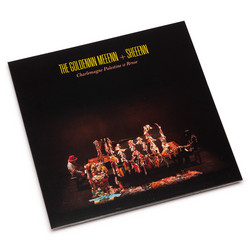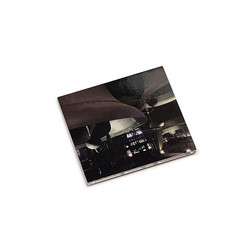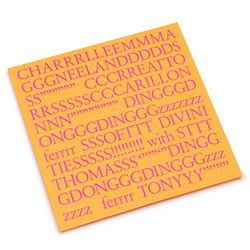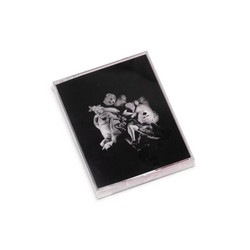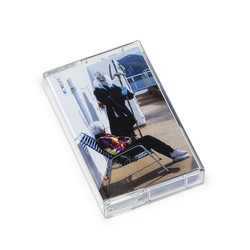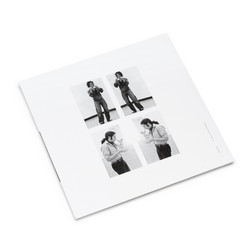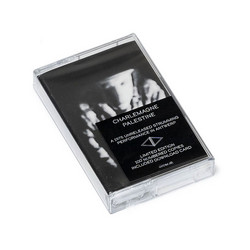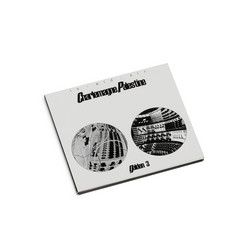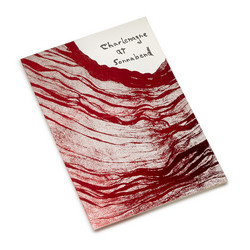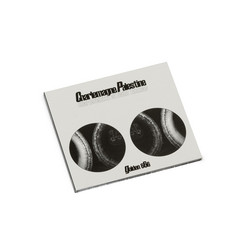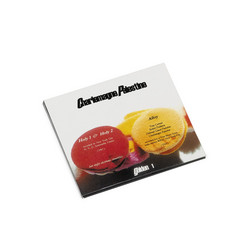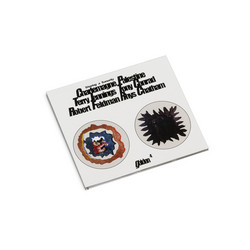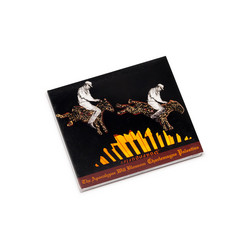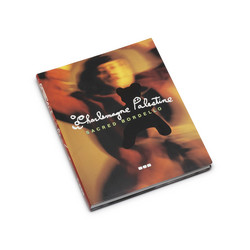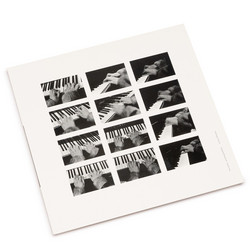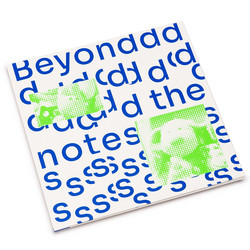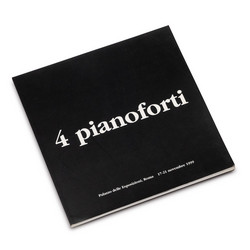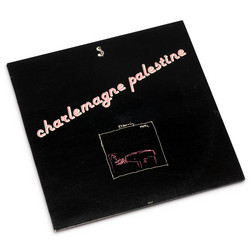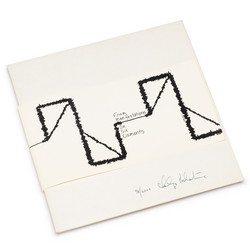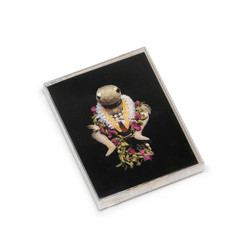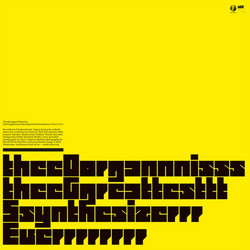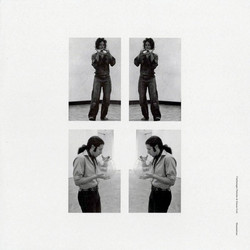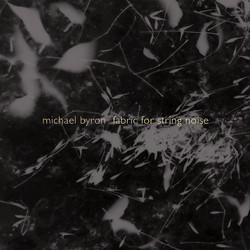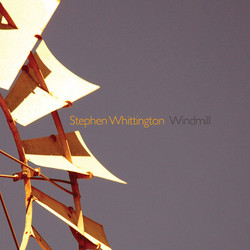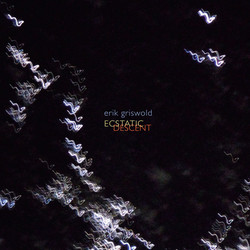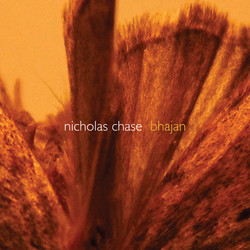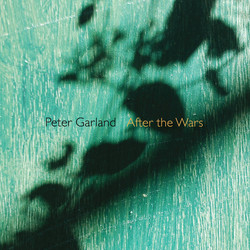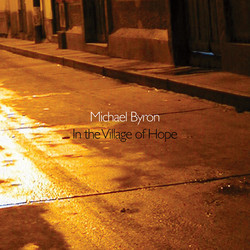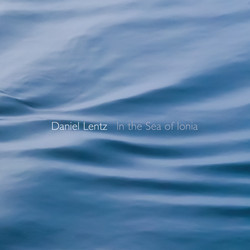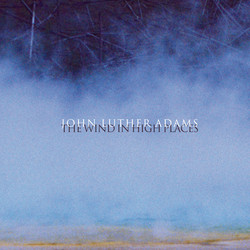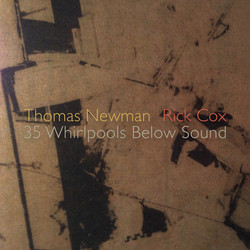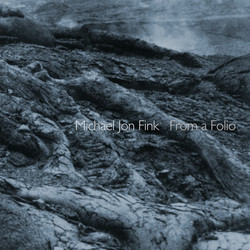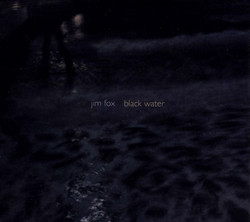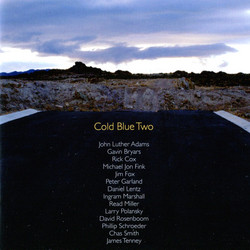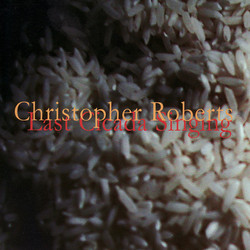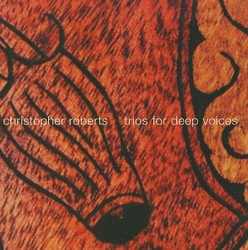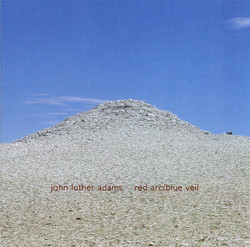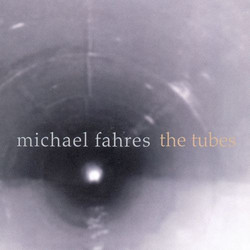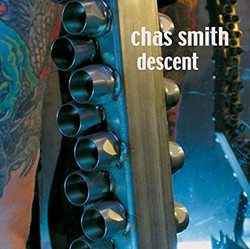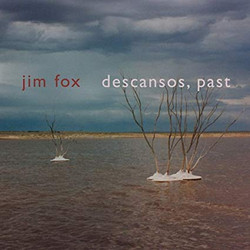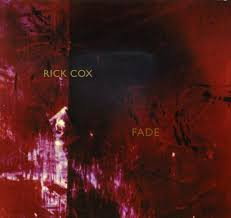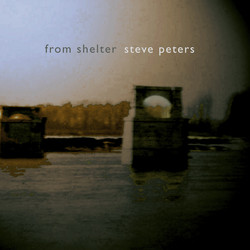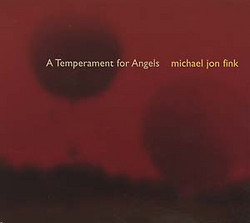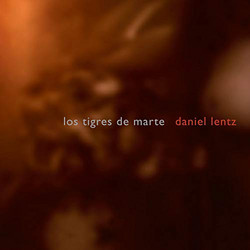Charlemagne Palestine
A Sweet Quasimodo Between Black Vampire Butterflies For Maybeck
Charlemagne Palestine's A Sweet Quasimodo Between Black Vampire Butterflies For Maybeck is a piece for two pianos played simultaneously in a tremolo style that Palestine calls “strumming,” a technique that has defined his piano music since the late ’60s. It spins out its sonic tapestry in surges and ebbs, and dense sonorities with hypnotically dancing overtones grow from its few opening pitches.
This live recording from the Maybeck recital hall also contains Palestine’s short comments about his life in California in the ’70s and, accompanied by a rubbed brandy snifter, his singing of a few very short “ritual” songs in his unique falsetto vocal style.
Charlemagne Palestine is a composer/performer/visual artist, who grew up in Brooklyn, singing in his synagogue choir. At age 16, he became carilloneur at NYC’s St. Thomas Episcopal Church. In the early days of his professional career, he had important musical associations with Tony Conrad, Morton Subotnick, Pandit Pran Nath, Ingram Marshall, Simone Forti, and Philip Glass. During the 1970s, he was active as a much-acclaimed composer-performer on New York’s minimalist music scene. His performances, particularly his piano “strumming” events, have always embraced eccentric elements–extremely physical performances on pianos covered with stuffed animals while consuming prodigious quantities of cognac and clove cigarettes. In the ’80s, he all but retired from music and turned to creating visual art, often involving animal and stuffed-animal imagery, which has been exhibited throughout the world. In the 1990s, he resumed his music career. Today, his audience larger than ever, he tours throughout the world, performing his own music and creating installations. A large, illustrated book about his life and work, Sacred Bordello, was published in 2003.
“A Sweet Quasimodo Between Black Vampire Butterflies is another instance of [Palestine’s] strummed piano music, alternating tones conspiring with a depressed sustain pedal to create a deep well of resonant clusters radiating overtones.… Palestine uses two Yamaha pianos simultaneously. The initial impact is absorbing—once again, an enveloping music. A secondary impression is, once again, astonishment at the physical control exercised by Palestine in terms of stamina and attack. The title of the piece may carry an air of decadence, but this remarkable music crucially involves muscular strength and highly disciplined touch. Pleasingly, the recording retains Palestine’s introductory comments to the audience and a brief song delivered with accompaniment from a rubbed brandy glass.” —Julian Cowley, The Wire magazine
